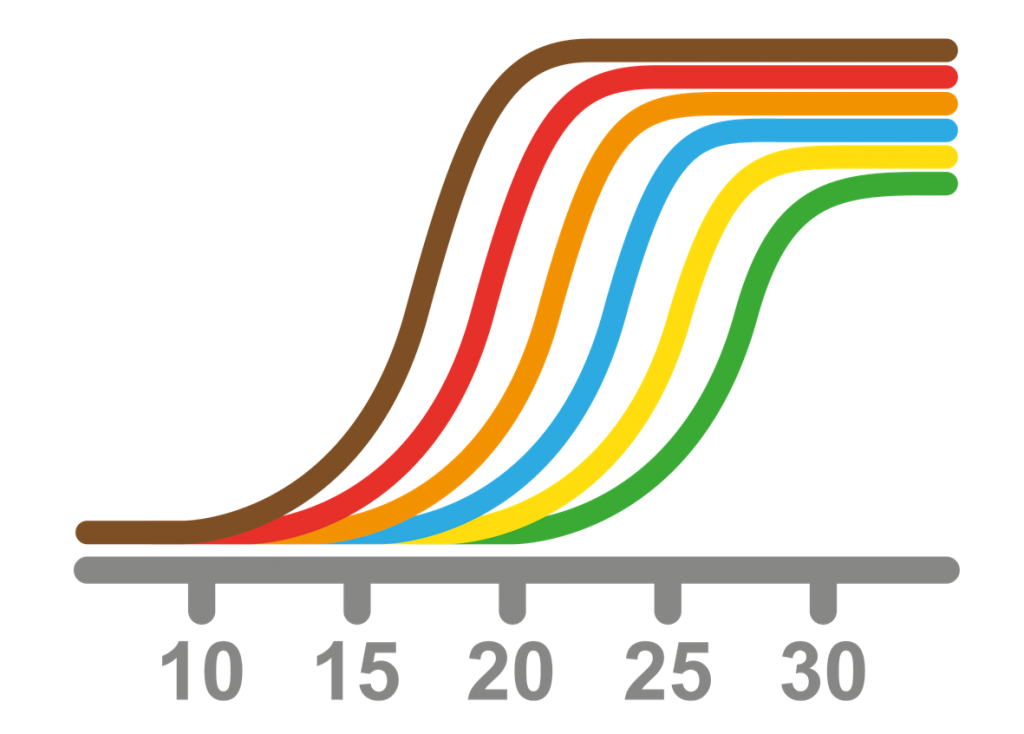A diagnosis of coccidioidomycosis must be supported by laboratory tests such as fungal culture or antibody testing, as it cannot be distinguished from other infections by clinical manifestations alone.
Medical Mycology (an ISHAM journal) recently published a new evaluation of a previously-published rapid qPCR assay, by Dr Dominic Dizon and colleagues at UCSF (California), designed to detect ITS2 DNA from Coccidioides using the BD Max platform. They tested 1160 specimens from a variety of sources (CSF, BAL, lung biopsy, sputum, pleural fluid) and found that 113 (9.7%) were positive, all of which corresponded with clinical signs of the disease.
| Sensitivity | Specificity | PPV | NPV |
| 74% | 100% | 100% | 96% |
Overall sensitivity was greater for this assay (74%) than for fungal culture (46%) and was available in 4 hours rather than 1-2 weeks. Sensitivity and negative predictive value (NPV) varied according to the type of specimen and clinical setting. The next step will be to standardise the assay to allow widespread uptake by other laboratories.
Read the paper: Dizon et al (2018) The utility of real-time chain reaction in detecting Coccidioides immitis among clinical specimens in the Central California San Joaquin Valley. Med Mycol


